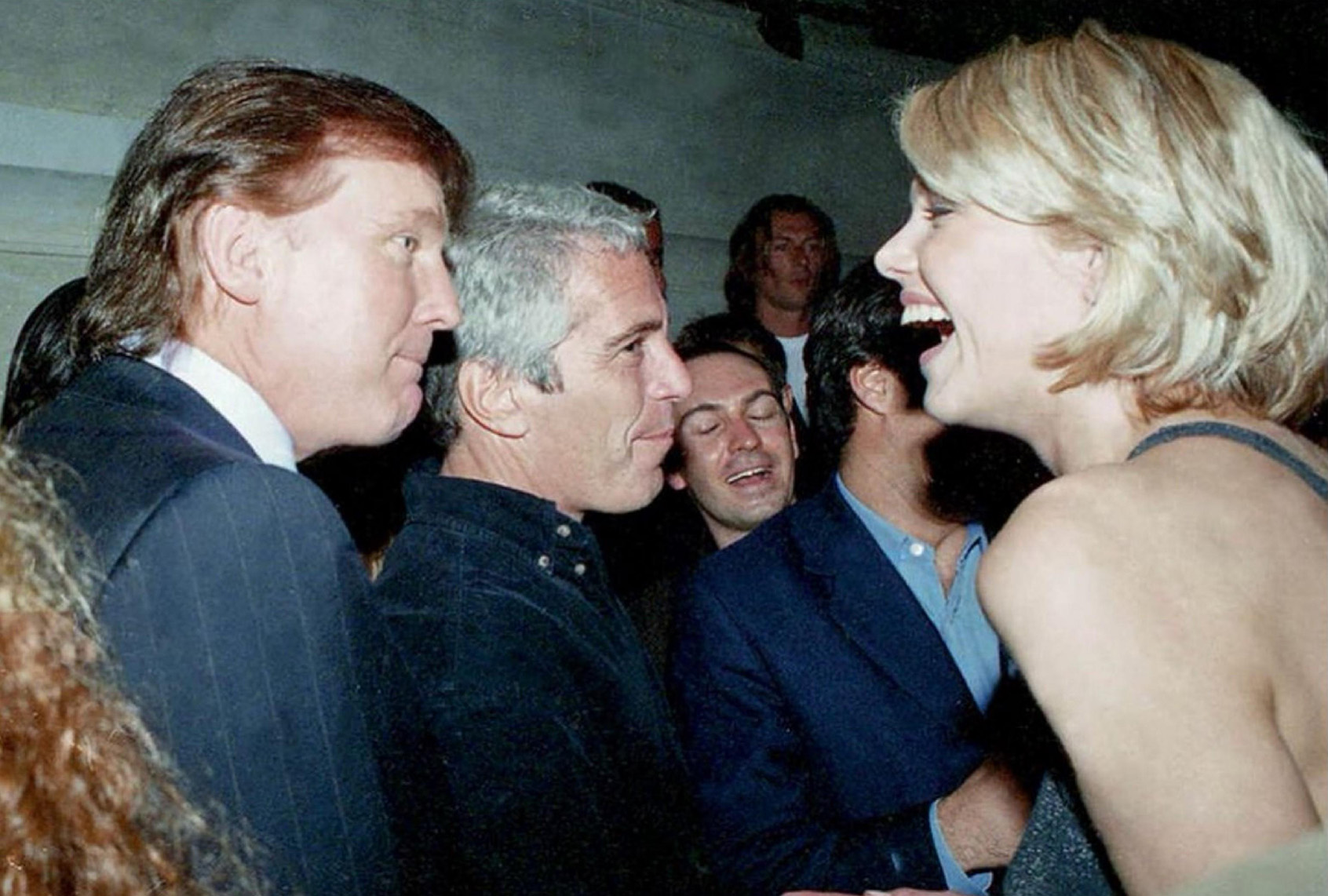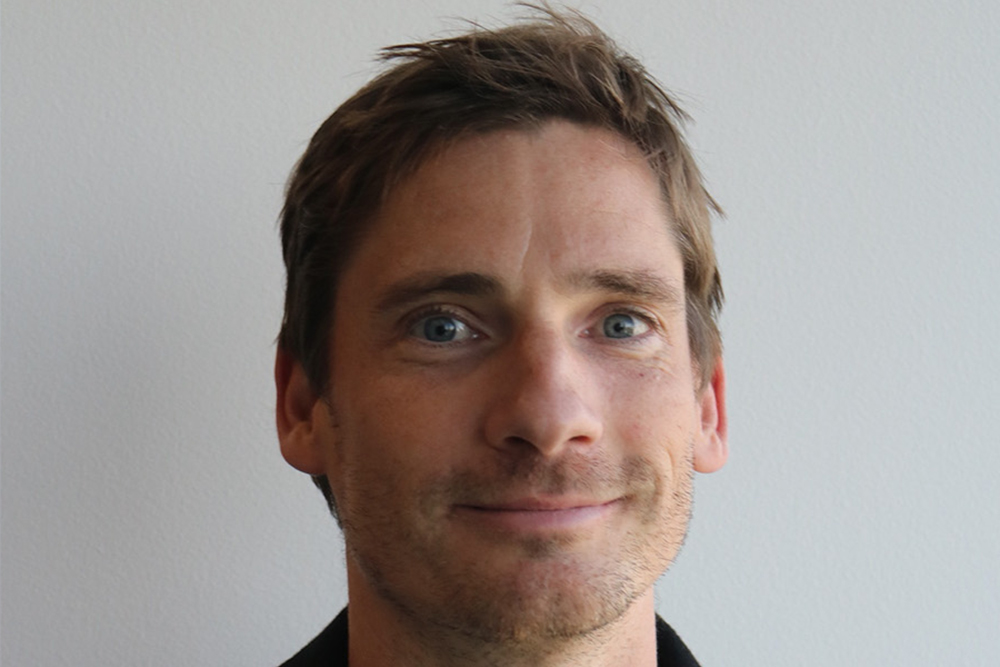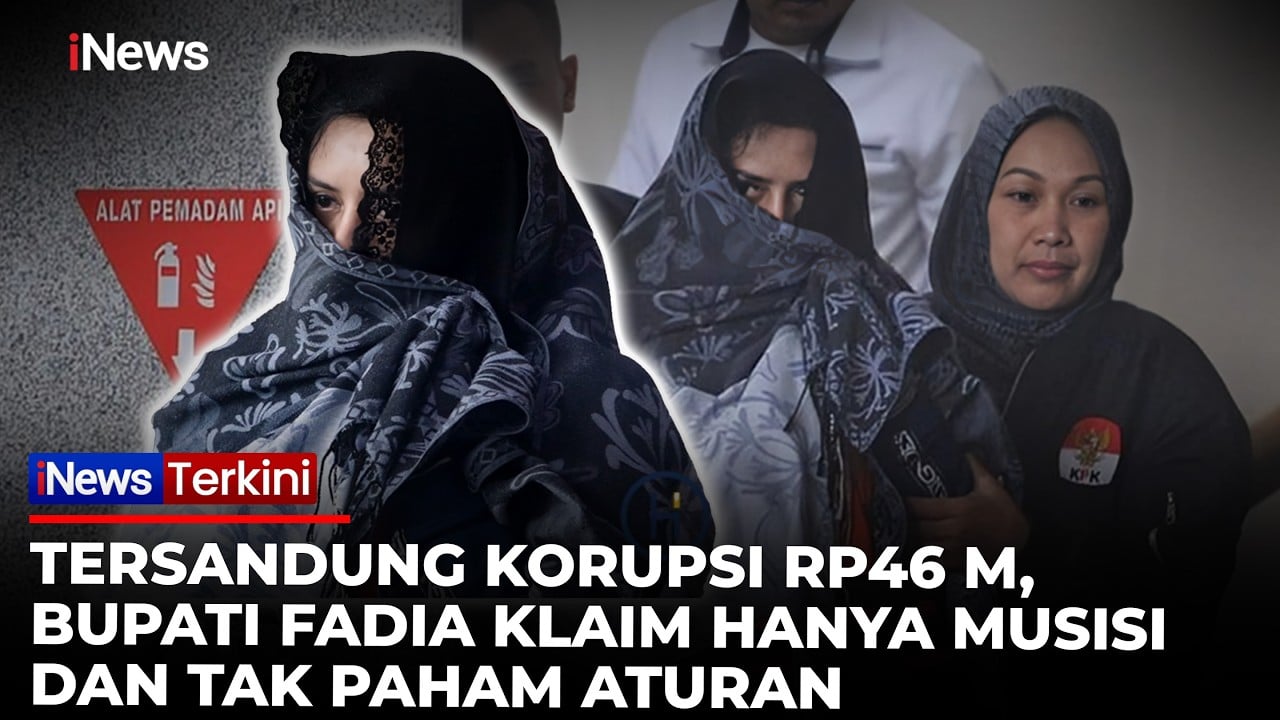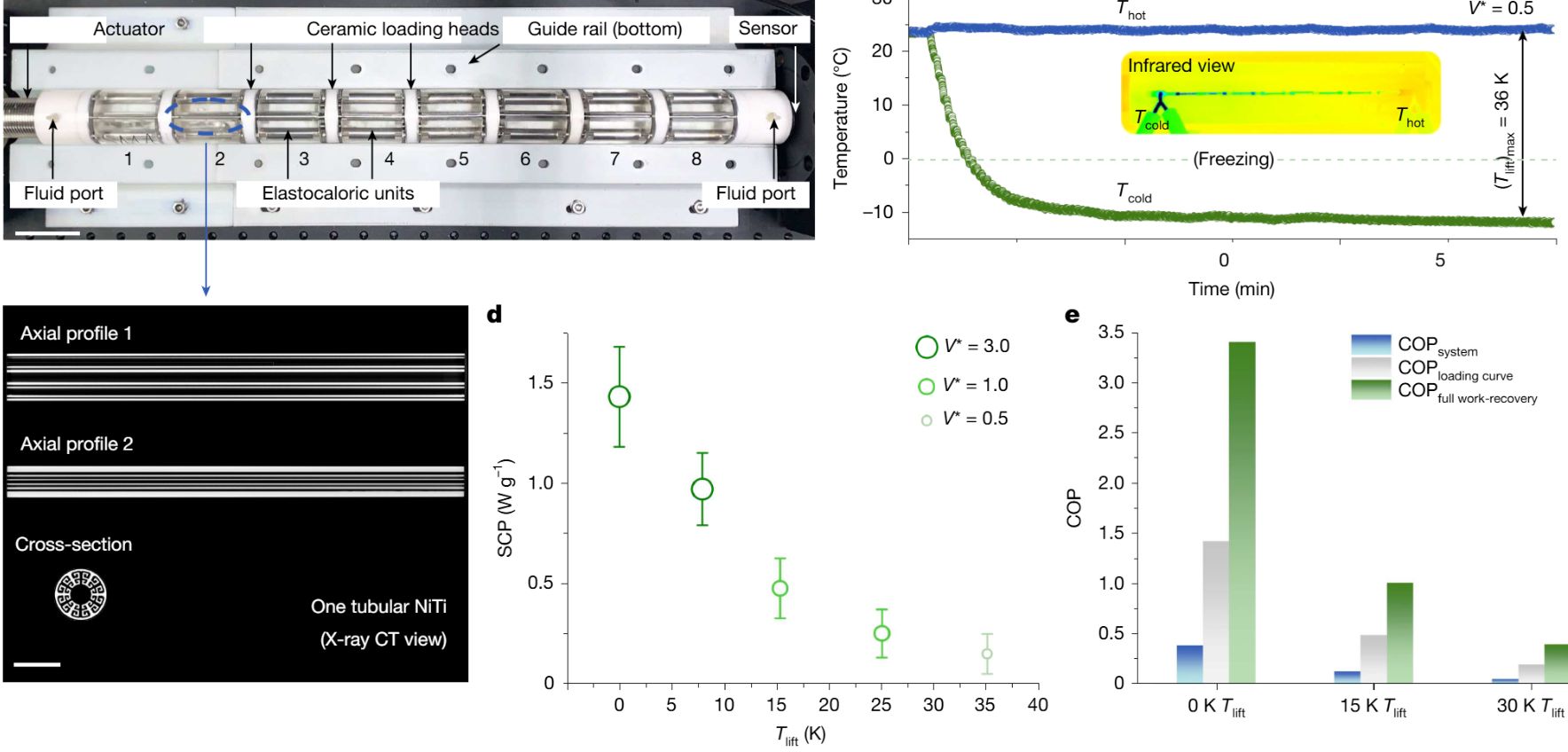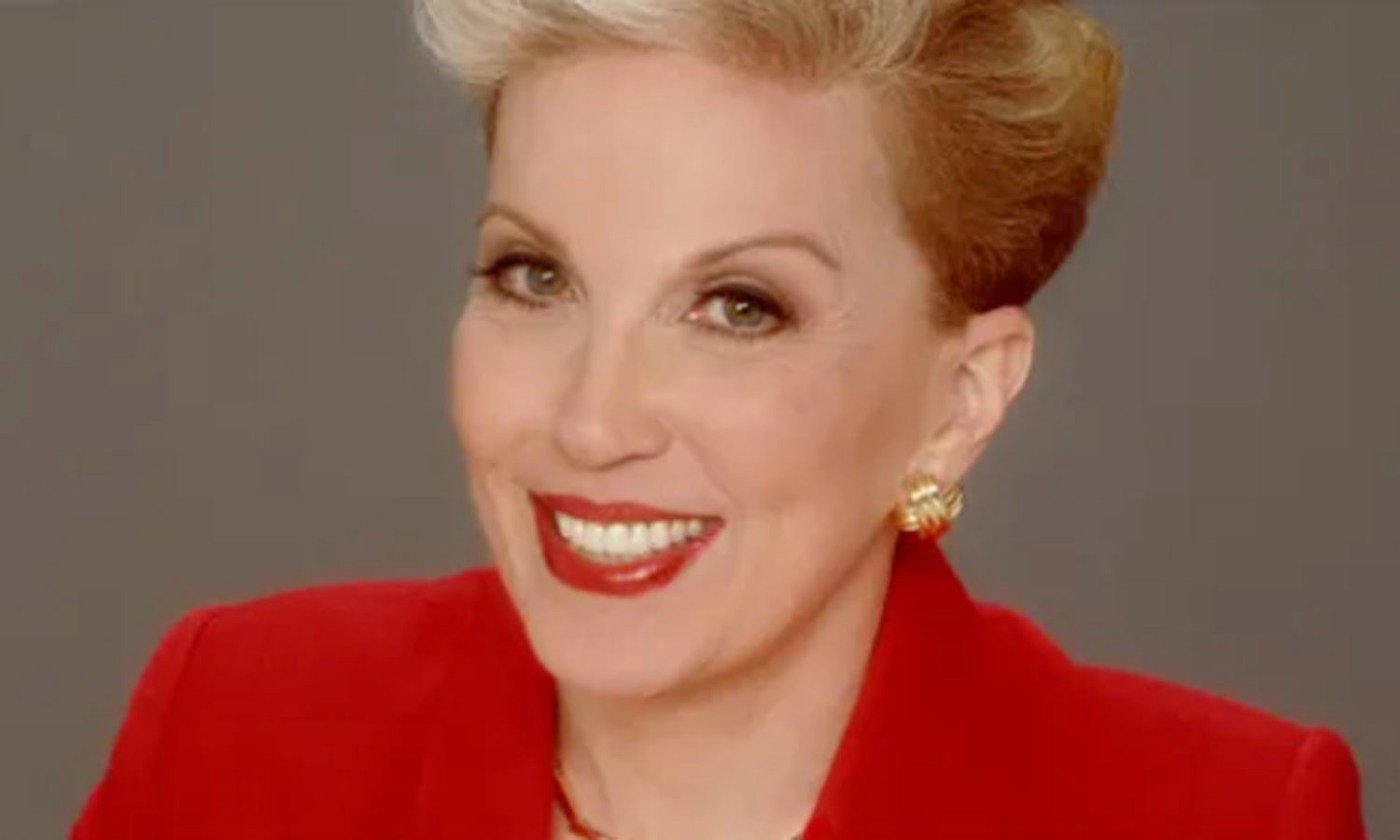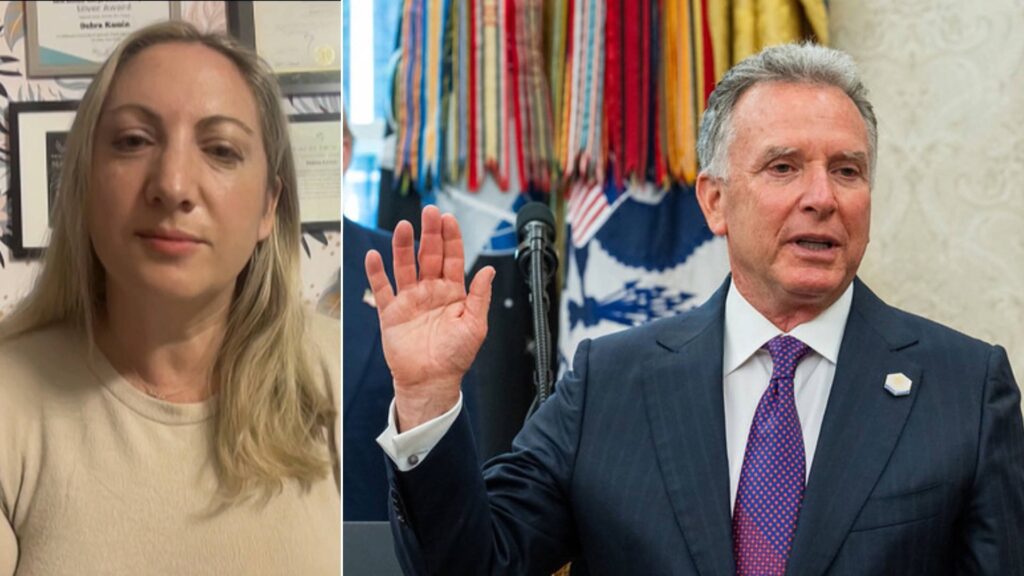
As tensions rise in the Middle East, President Donald Trump’s special envoy, Steve Witkoff, is facing scrutiny over his dual roles in diplomacy and business. A recent investigation by The New York Times highlights how Witkoff’s family ties and real estate dealings could blur the lines between profit and politics during critical peace negotiations with Hamas.
Witkoff, a long-time friend of Trump and an established real estate developer, has been actively involved in ceasefire discussions aimed at resolving Israel’s ongoing conflict with Gaza. While negotiations unfold, his son Alex Witkoff has taken the helm of the Witkoff Group, continuing to pursue lucrative deals with investors in the Gulf Arab states. The investigation raises urgent questions about potential conflicts of interest stemming from their intertwined business activities and diplomatic efforts.
Concerns about the overlap between Witkoff’s business interests and his role in diplomacy are not unfounded. Debra Kamin, one of the reporters behind the investigation, noted that these relationships often carry implications for both politics and business. “There is no question that these relationships and these allegiances carry over between business and politics,” Kamin remarked, emphasizing the potential for personal profit while serving in a diplomatic capacity.
The urgency of the ongoing negotiations has added to the complexity of these issues. During a recent press briefing, White House Press Secretary Karoline Leavitt reaffirmed the administration’s confidence in the ceasefire proposal, mentioning that Hamas is expected to respond soon. Leavitt also defended the involvement of Trump’s son-in-law, Jared Kushner, in these negotiations, despite concerns regarding his financial ties to the region.
The Witkoff Group, under Alex’s leadership, has a history of successful real estate projects, including high-profile developments in New York and Florida. As the elder Witkoff navigates diplomatic waters, he has not fully divested from the company, which raises ethical questions surrounding his dual roles. Reports indicate that he sold a portion of his stake in the company for $120 million when he assumed his envoy position, but he remains a partial owner.
In the context of these business dealings, the Witkoff family’s connections to influential figures in the Gulf, particularly in Qatar, are noteworthy. As Steve Witkoff engages in peace negotiations, he maintains personal relationships with key leaders, including the Qatari Prime Minister, Sheikh Mohammed. These ties have prompted skepticism regarding the independence of U.S. diplomatic efforts in the region.
The investigation also sheds light on other ventures involving the Witkoff family. Steve’s other son, Zach Witkoff, is reportedly involved in a cryptocurrency venture, World Liberty Financial, in partnership with the Trump family. This business collaboration further complicates the family’s financial entanglements, illustrating how various streams of income could potentially intersect.
The implications of these findings extend beyond the Witkoff family. They highlight a broader trend within the Trump administration, where political figures and their relatives are criticized for profiting from their positions. As Kamin noted, the current political landscape is marked by “sons profiting from their fathers,” a situation that raises questions about ethical governance and the integrity of diplomatic negotiations.
In addition to the concerns surrounding Witkoff, the investigation brings attention to issues within the Department of Housing and Urban Development (HUD), where two civil rights lawyers were dismissed after raising alarms about the enforcement of the Fair Housing Act. This act is vital for preventing discrimination in housing across the United States. The dismissals came shortly after whistleblowers disclosed how the current administration’s policies have hindered their ability to protect residents from discrimination.
As the situation develops, the intertwining of business interests with diplomatic roles remains a focal point for scrutiny. The potential for conflicts of interest in U.S. foreign policy, particularly in sensitive regions like the Middle East, could have significant ramifications for ongoing negotiations and the broader global diplomatic landscape.
The revelations surrounding Steve Witkoff and his family’s ventures exemplify the ongoing challenges of maintaining ethical boundaries in an era where personal interests and public service increasingly overlap.
